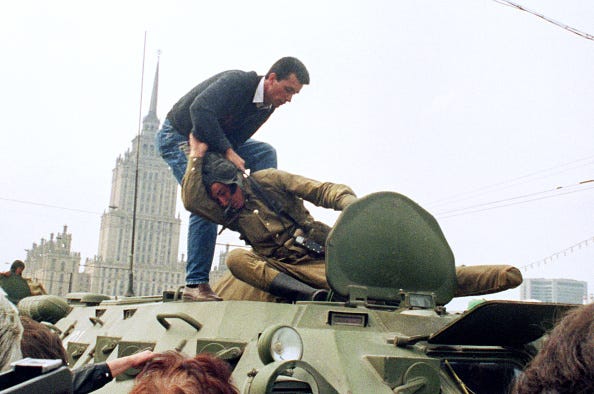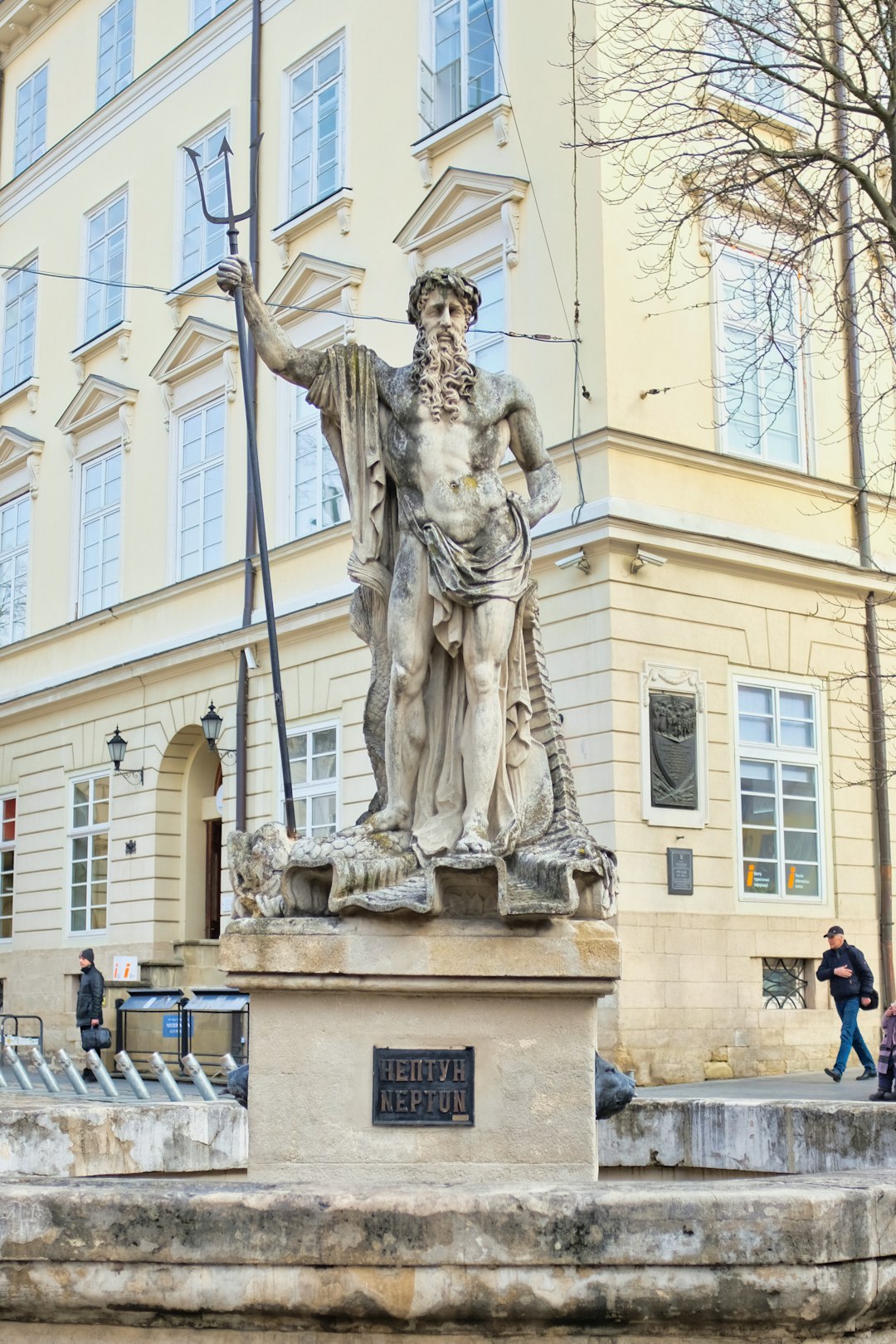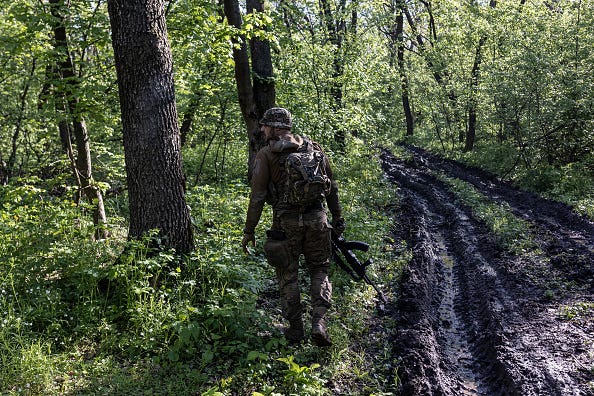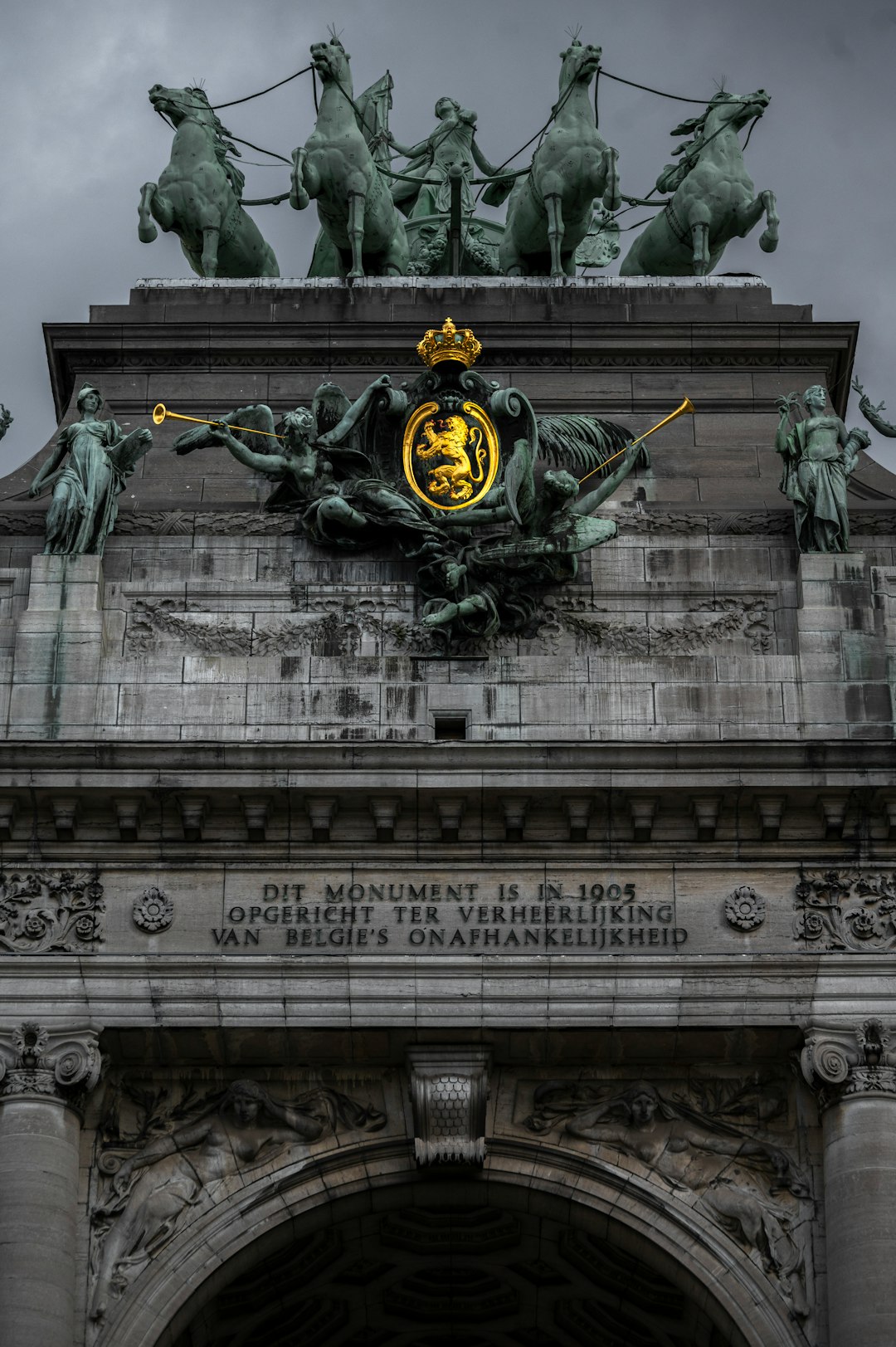A mais recente postagem sobre a guerra de agressão da Rússia contra a Ucrânia, do professor Timothy Snyder, desta vez tratando mais da poítica interna, e militar, da Rússia de Putin.
Wars are won and lost as politics. Ukraine wins its war when the Russian system bends. But where is the politics in Russia?
In the series of brilliant lectures that brought me into east European history, my teacher Thomas W. Simons, Jr. spoke of "the return of politics" in late communism as the beginning of the end. In communist regimes, as in the Putin regime today, there was not supposed to be politics, in the sense of multiple groups contesting power. Communist parties, like Putin, did a good job of suppressing the reality and the appearance of politics until very near the end.
The Putin system has an origin and a logic. When Vladimir Putin was anointed by Boris Yeltsin as his successor to lead the Russian Federation at the turn of the century, he inherited a state in which politics was visible and loud. Russia still had a number of political parties, a vibrant media scene, and impressive civil society organizations. The idea of democracy had been undermined, however, by inequalities of wealth, and by the flaunting of power of the oligarchs around the Yeltsin administration.
Under Putin, Russian oligarchs were tamed, but not by a neutral state. Putin himself became the head oligarch, the boss of bosses. His party became an instrument of his power, and others lost their significance. Democracy was discredited in a different way. By faking elections openly, the Putin regime educated Russian citizens to be accomplices in an administrative ritual. Russian media is today dominated by state television propaganda senders. Civil society has been defined as foreign influence and non-governmental organizations have lost their ability to function.
The message of the Putin regime shifted from "corruption is temporary" to "corruption is a fixed principle of the universe." The initial rationale for the coercive use of state power was to correct the abuses of the Yeltsin period. Today the state, however arbitrary and dysfunctional, is presented as simply the way things must be. There are no alternatives. The West is not really an alternative (goes the claim): its democracy and its rule of law are entirely fake, and people in the West are hypocrites or fools for speaking of such things. With corruption thus normalized, Russians find themselves facing a frozen future.
For the last decade, Putin has kept the regime going by foreign spectacle. Politics was displaced from politics home to abroad, as martial spectacle. Since February 2014, when Russia invaded Ukraine the first time, the Putin regime has justified itself by telegenic combat. In 2014, Russia invaded Ukraine when its neighbor was in chaos, and ended up controlling far less territory than planned. In 2015 the subject of Russian propaganda shifted to Syria, where its armed forces and mercenaries intervened to keep Putin's fellow dictator Assad in power. Meanwhile Russia kept up its illegal occupation and low-intensity warfare in Ukraine, until undertaking a second (and full-scale) invasion in February 2022 with the goal of destroying its government and taking control of the country.
Putin invaded while claiming that Ukraine did not exist; in fact, the problem posed by Ukraine to his system is that it was all too full of politics, ever more characterized by generations who took variety and choice for granted. Putin claimed that he had to protect speakers of Russian in Ukraine; the real problem was that speakers of Russian in Ukraine were free to say what they wanted. The war was never about their liberation, but about their suppression, and of course the suppression of Ukraine as such. Ukraine never posed a threat to Russia in any conventional sense; but for a dictator who depended on the absence of politics, it was an intolerable neighbor.
By attacking Ukraine, Putin has succeeded in bringing Ukraine far more deeply into Russian politics than it every otherwise could have been. Precisely because Ukraine has resisted, it has become an unavoidable subject in Russia. Russian propagandists are forced to insist that Ukraine, despite all appearances, does not exist; the more loudly they do so, the more obviously they are obsessed with their neighbor. Russian propaganda about Ukraine has been genocidal since the beginning of the war, but the increasing intensity of exterminationist rhetoric reflects the frustrated desire to create a world in which only Putin matters, in which there are no other actors and no real politics.
By this stage of the war, Ukraine can directly intervene in Russian conversations, not just by the actions of resisting Ukrainians but by its own public relations. Ukrainian propaganda clips appeared on television in Russian-occupied Crimea. Today, Russian television and radio in regions bordering Ukraine featured a short broadcast of Putin announcing a Ukrainian offensive inside Russia and ordering a general mobilization. This deepfake was presumably the work of Ukrainians. It was presumably meant to generate panic, but perhaps also to create uncertainty around Putin's next media appearance. If the state no longer controls its media and the appearance of its leader, something has been lost.
The initiation of major war opened the way to violent politics inside Russia. The invasion gave Putin his occasion to totally suppress peaceful protest inside Russia. Yet when there is no voice and no vote, politics will take violent forms. For more than a year, people inside Russia have attacked recruitment offices, set fire to installations associated with the war, and blown up oil tanks and the like. Until the recent drone attacks inside Russia, this has been a story without a storyline throughout the war. Very possibly some of the people carrying out these actions have connections to Ukrainian military intelligence. Even so, whoever they are, some of them likely have their own Russian motives.
Ukrainian resistance has also altered the politics of the non-violent Russian opposition. Had Putin easily won this war, some Russian liberals (I use this term broadly) would have found it difficult to criticize it, just as they found it difficult to take a clear stand on the last invasion of Ukraine. Imperialism was (and remains) a problem within Russian liberalism. Since the war began, Ukrainians have in general boycotted Russians, including Russian liberals, which has brought them some criticism. The cold shoulder has helped some Russian oppositionists to see Ukrainians as agents of their own history and to rethink their own positions. (In fairness, one also has to recall Vladimir Kara-Murza, who has been sentenced to twenty-five years in prison just for speaking the truth about the war in Ukraine. Russians still protest the war, knowing that they will face consequences.) Leading Russian oppositionists have now issued statements opposing Russian imperialism and endorsing Russia's legal borders.
Ukrainian victory would discredit the Putin regime in a way that Russian oppositionists could never manage on their own. Thanks to Ukrainian resistance, they just might have a chance to gain power and and set Russia on a different course. The clarification of their position might serve them well in the future. Liberal imperialists would always lose out to illiberal imperialists; liberals who have moved beyond imperialism can blame the war on Putin and try to set a new course. Many things would have to fall into place for that scenario to be realized. In the coming days and weeks, the Russian politics to watch is something much more immediate and brutal: "militarist pluralism," or open strife among groups bearing arms for Russia.
From the beginning, the invasion of Ukraine was carried out by not one but several Russian armed forces. The largest are the state's army, navy, and air force, under the supervision of the Russian ministry of defense (I will hereafter call them "MoD"). These are analogous to other armed forces. The Russian minister of defense is Sergei Shoigu, who wears a uniform and has a military rank but whose background is in civil defense (where he was best known for his public relations skills). The commander of the Russian armed forces is Valery Gerasimov.
Two other major groups, Wagner and Akhmat, are difficult to describe. They share responsibility with the MoD for Russia's countless atrocities in Ukraine. But the differences among the three groups are significant. (There are still more groups, but these three are the most important.)
Wagner is a mercenary company with connections to the Russian state. It is hard to say where the Russian state ends and Wagner begins; well-informed people have different views about this. Wagner has been present not only in Ukraine but in Syria and around the world, typically involved in violent suppression of opposition and physical control of mineral resources. Its founder and director, Yevgeny Prigozhin, is an adventurer in the style of the nineteenth-century imperialist race for Africa (where Wagner is very active). Prigozhin was one of the central figures in Putin's 2016 campaign for Donald Trump. He promotes his brand in high fascist style, taking credit for atrocities, and posing in front of burial mounds and corpses. A man of undoubted intelligence and political skill, he has been close to Putin for decades. Wagner seems to have been the most successful Russian military formation in Ukraine. On Prigozhin's account, Wagner has now been withdrawn from Ukraine, after taking the city of Bakhmut. This means that Wagner troops are regrouping in Russia.
Akhmat, a Chechen armed force, exists in a kind of feudal relationship to Putin. It is in effect the personal guard of Ramzan Kadyrov, who rules Chechnya for Putin as a personal fiefdom. Kadyrov repeatedly pledges his personal loyalty to Putin, and ostentatiously repeats that his troops are at Putin's service. Formally Akhmat is part of the Rosgvardiya, internal troops whose main purpose is to suppress dissent. Akhmat was deployed to Ukraine, where its main tasks seem mainly to have been to oversee occupied territories and, according to Ukrainian sources, serving as barrier troops (shooting Russian soldiers who retreat). It had little direct military impact, and was withdrawn. Like Prigozhin, Kadyrov is very concerned about his personal image, and works social media hard.
In the last few weeks, and especially in the last few days, the strife among these three Russian armed forces has been extraordinary. One way to understand it would be as the absence of prizes to share. The entire Russian offensive of 2023 yielded little more than the ruins of Bakhmut. This small Donbas city looms very large in the Russian imagination. (Strategically speaking, it probably made no sense for Russia to take the city at all, but that is another question.) Bakhmut is a prestige object; Wagner did much of the work; Prigozhin has claimed the prestige and taken his men out of the city. He does not gloat about his victory over Ukrainian armed forces, of which he speaks with respect. He did and does express himself in brutal and contemptuous terms when addressing the Russian MoD.
Prigozhin had complained for months that MoD did not supply him with artillery, and mocked Gerasimov and Shoigu for their incompetence. Prigozhin claimed that the Ukrainians did not try to hinder his withdrawal from Bakhmut, but that MoD (whom he called "the other side") mined the road from Bakhmut in an attempt to destroy Wagner and that MoD troops fired on Wagner men. Prigozhin then announced that Wagner has taken prisoner the commander of the MoD unit present at Bakhmut (72nd Brigade), and released a confession video in which that the man appears to have been tortured. Today Prigozhin mocked the MoD claim to have halted the Ukrainian counter-offensive, and sarcastically called into question all Russian claims about Ukrainian losses: "we just destroyed planet Earth five times."
Prigozhin asked last month that Akhmat be sent to relieve Wagner in Bakhmut, and Kadyrov agreed. It is strange of course that such a military decision would be made by people beyond the MoD and in public. Most likely this decision had already been made by Putin. But Bakhmut this summer looks like a loyalty test at best or a death trap at worst. Last fall Wagner and Akhmat took a common stand against the MoD, asking for more ammunition to be sent more quickly to Wagner fighters in Bakhmut. It might be that Kadyrov and Akhmat are now paying the price for this.
Kadyrov has little to gain from taking such an assignment. It made political sense for Wagner to stay there, because Prigozhin can now position himself as the only Russian commander with a recent battlefield victory. Unlike Prigozhin, however, Kadyrov does not visit battlefields in Ukraine. Thus far Akhmat seems to be in the Donbas region, but not in the city of Bakhmut. If Akhmat does in fact reach Bakhmut, it will face difficulties. Ukraine has already retaken control of some of the heights around the city.
Akhmat and Wagner are now feuding. Prigozhin said that it was difficult to see what Akhmat was doing in the Donbas, and suggested that its fighters were not really soldiers -- a barb that stung. The Akhmat rejoinder was that Wagner took tens of thousands of casualties for Bakhmut, and that Prigozhin was therefore incompetent. Prominent figures on each side published videos or statements suggesting that a personal meeting -- ie combat -- might be the best way to resolve things. Kadyrov then found a good occasion to change the subject, suggesting publicly that his men from Akhmat should be sent to Russia's Belgorod region as a response to -- yet more Russian armed formations.
The militarist pluralism goes deeper than this. While the MoD, Wagner, and Akhmat were quarrelling, Ukraine dispatched two small armed groups of Russians from its territory to Russia. The Ukrainian state denies any role in these actions, which is deliberate trolling: Kyiv is imitating, and thereby mocking, Putin's tactic in 2014, when he denied responsibility for the invasion of Ukraine. One of these groups, the Freedom for Russian Legion, seems to be made up of captured Russian soldiers who chose to fight against the Putin regime. The other, the Russian Volunteer Corps, is composed of Russian emigrants to Ukraine, including known fascists, one of whom was arrested for far-right activities in Ukraine. Ukraine is fighting Russia with the Russians it has to hand. The fact that these men are in fact Russians poses a problem for Russian propaganda. The far-right affiliation is also problematic for Moscow. Russian claimed it needed to invade Ukraine to fight Nazis; now Russian Nazis are raiding Russia from Ukraine. That is not an easy situation for Russian propagandists, and they have not navigated it well. In general they have chosen to portray the Russians as Ukrainians, on the logic that admitting a Ukrainian capacity to enter Russia is less objectionable than admitting the existence of an armed Russian opposition.
Russian fighters from Ukraine are now in contact with other Russian armed groups. They have been engaging MoD in combat, and claim to have killed an MoD commander and taken prisoners. The commander of the Freedom for Russian Legion even recorded a video for Prigozhin, in which he offered a prisoner exchange: to swap his own MoD prisoners for the MoD officer held by Wagner, the commander of the MoD 72nd Brigade. So while Russia is fighting what its propagandists insist is a war of existence in Ukraine, Russian MoD soldiers and officers are being taken prisoner by both a Russian mercenary firm and by Russian expatriate soldiers, who then calmly film videos. (Kadyrov and his Akhmat are only aspirationally in the picture here: it seems obvious that he would like to have his men sent to Belgorod rather than Bakhmut. But it can be taken for granted that the panicked inhabitants of Russia's border regions would be soothed by the arrival of armed Chechens.)
The Russian state has lost control of some of its territories. Russian fighters from Ukraine have now crossed the border multiple times, and have caused tremendous chaos in and around the Russian city of Shebekino. They have forced the MoD to divert troops. Given the way MoD fights, its attempt to combat Russian fighters from Ukraine has inevitably caused damage to civilian structures. After fifteen months, Russians in this area now seem to grasp that an actual war is going on, in which they are somehow involved. As a result, some Russians begin to think politically, at least in a rudimentary way: to ask why there is combat inside Russia; to ask why Putin seems distant and ineffectual; to request weapons to defend themselves. In the Putin system, this is a beginning. It may be both the beginning and the end.
When you try to generate a system without politics, any politics at all feels like a challenge to the legitimacy of the state. The war in Ukraine has restarted Russian politics: not necessarily in ways that are pleasant to watch, but following a dynamic that will be difficult to stop. Ukrainian resistance has revealed the weaknesses of the Putinist attempt to make politics halt. The denial that Ukraine was a real country created a situation in which Ukraine is now all too real inside Russia itself. A Foreign wars are only spectacle when the other side cannot resist. A Russian political order built on propaganda generated propagandists who can make their fights public on social media. And a dictatorship built on managing rivalries begins to look fragile when the rivals are loud and armed.
TS 5 June 2023
P.S. My prediction for the counter-offensive itself? Ukraine will keep doing things that surprise Moscow (and us).



